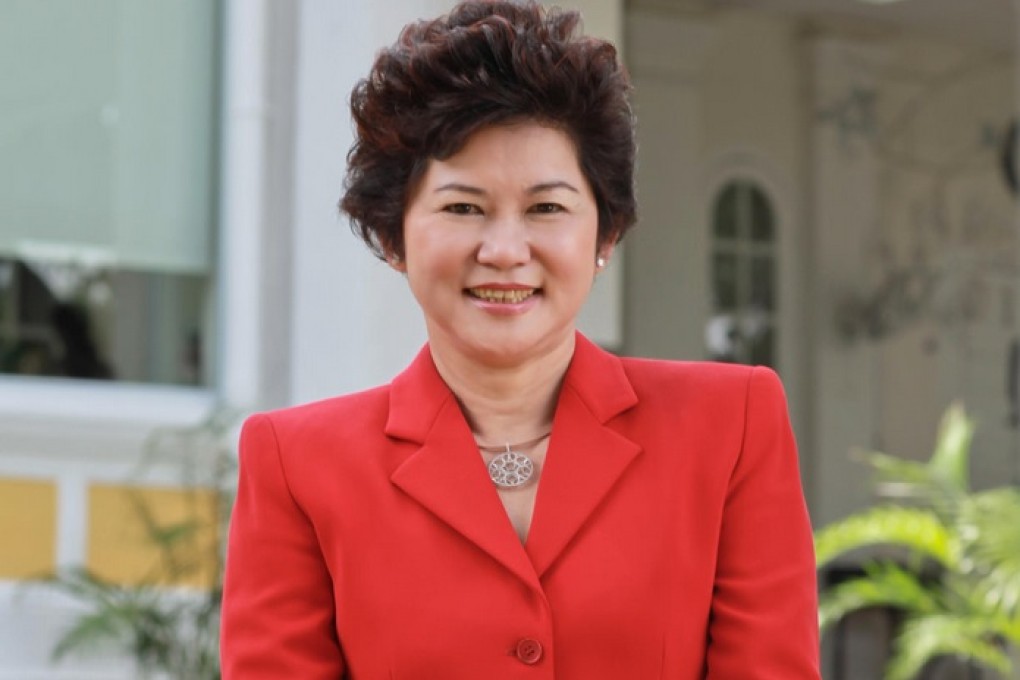Learning Curve: adaptability and problem solving are the keys to career questions

Ng Gim Choo, thefounder of EtonHouse International, is often asked how she sets up her schools.
"In the old days we imparted knowledge and we asked children what occupation they would like to pursue when they were older. However, there is a limit to what we can teach, and in an ever-changing world knowledge soon becomes obsolete," says Ng.
Inquiry-based learning, the ethos of her schools, turns occupations into an inquiry topic; students are encouraged to consider not occupations but the roles people perform in society.
Teach a child to be inquisitive, and give them skills to obtain knowledge
"When children start thinking 'I am a student' and begin considering what their role as a student [involves], they begin to take responsibility for their thinking and learning. Teach a child to be inquisitive, and give them skills to obtain knowledge," says Ng.
Ng highlights two things that students completing their high school diplomas and university studies this summer need to give serious thought to as they consider careers and joining the workforce: what role do I want to play in society? Am I taking responsibility for acquiring skills to perform that role efficiently?
In a recent interview, Laszlo Bock, who is in charge of hiring at Google, said: "Analytical training gives you a skill set that differentiates you from most people in the labour market.
"The first thing Google looks for is general cognitive ability - the ability to learn things and solve problems. A knowledge set that will be invaluable is the ability to understand and apply information. And that kind of thinking does not have to come from a computer science degree."
Bock says that he found a statistics course at business school "transformative for his career".